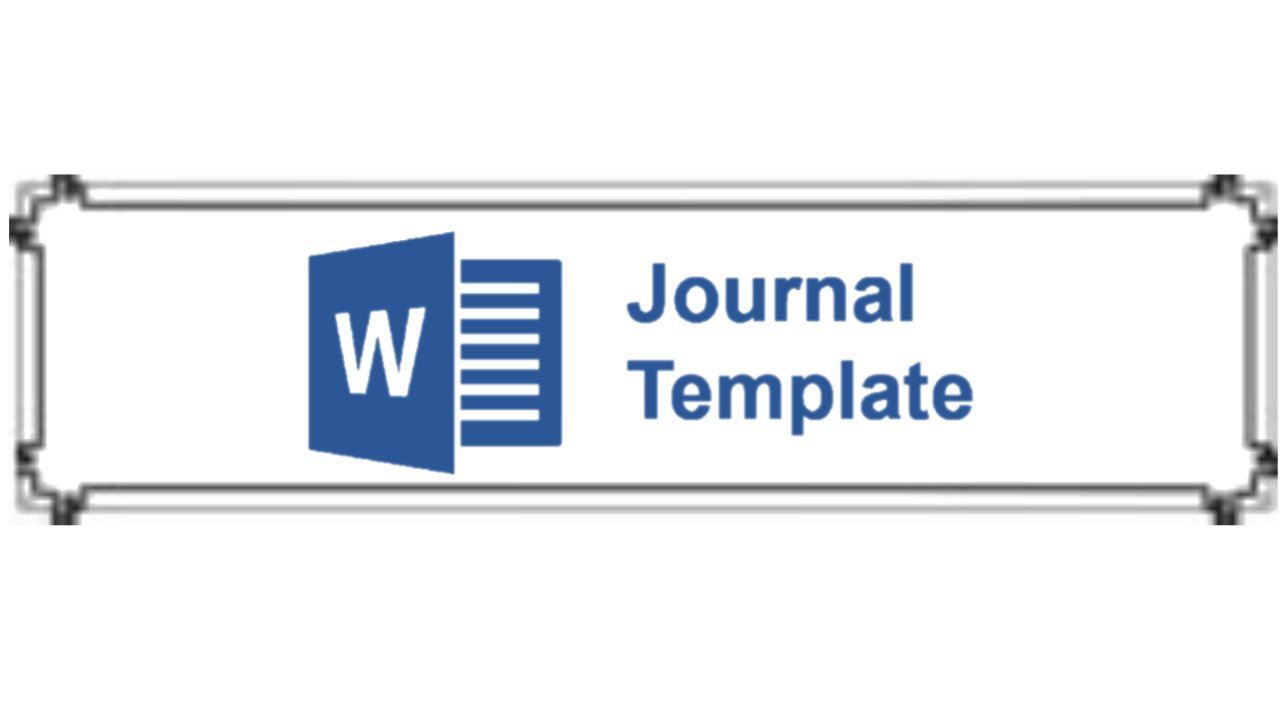| FOCUS AND SCOPE |
| PUBLICATION ETHICS |
| EDITORIAL TEAM |
| REVIEWERS |
| PEER-REVIEW PROCESS |
| AUTHOR GUIDELINES |
| OPEN ACCESS POLICY |
| PUBLICATION FREQUENCY |
| ARTICLE PROCESSING CHARGE |
Peer-Reviewers Process
Semua manuskrip yang dikirimkan ke jurnal ini harus mengikuti fokus dan ruang lingkup, dan pedoman penulis jurnal ini. Naskah yang dikirimkan harus membahas manfaat ilmiah atau kebaruan yang sesuai dengan fokus dan ruang lingkup. Semua naskah harus bebas dari konten plagiarisme. Semua penulis disarankan untuk menggunakan perangkat lunak pendeteksi plagiarisme untuk melakukan pemeriksaan kesamaan. Redaksi memeriksa deteksi plagiarisme artikel di jurnal ini dengan menggunakan perangkat lunak Turnitin. Artikel penelitian yang dikirimkan ke jurnal ini akan direview sekurang-kurangnya oleh 2 (dua) atau lebih expert reviewer. Peninjau memberikan komentar berharga ilmiah untuk meningkatkan isi naskah. Keputusan akhir penerimaan artikel akan dibuat oleh Editor sesuai dengan komentar reviewer.










